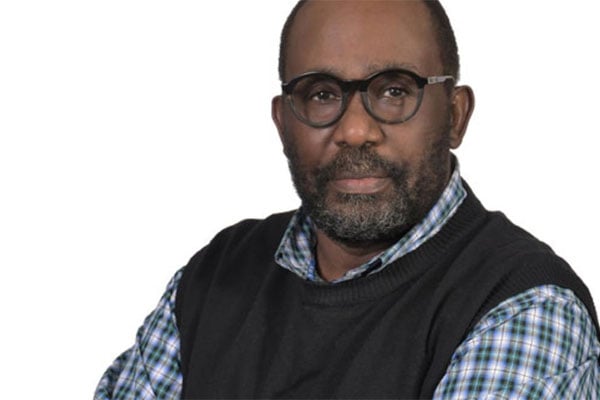Want to kill the Uganda oil pipeline? Then save it, first

Mr Charles Onyango-Obbo
In recent weeks, activists have accused French oil giant Total and Chinese oil firms, and the Uganda and Tanzanian governments, of disregarding the environmental risks after the signing of agreements on the construction of the $3.5 billion oil pipeline.
The 1,445 kilometres-long East African Crude Oil Pipeline (EACOP) from the Lake Albert in western Uganda to Tanzania’s Indian Ocean port of Tanga will be the world’s longest heated oil pipeline, as Uganda’s crude oil is viscous, so it needs to be warmed up to be liquid enough to flow.
Activists have warned about pollution and other environmental risks, the displacement of families, and the fact that fossil fuels are anachronistic and in the not too distant future, will be worthless, having been replaced by clean fuels. They are very correct in these criticisms, but they are unlikely to win the argument.
One criticism that has found its way into international headlines, is that “we cannot drink oil”. In reality, the reason the project is going ahead is that people drink oil, if that means the billions of petro-dollars Uganda will earn from oil in the coming years if the project succeeds.
This is why they need to stop some of the mistakes they are making in their campaign. One mistake campaigners make is that they think the case for a good cause is so self-evident, all that one needs to do is assert it
Often, many people see things differently - and on a rational basis too - while others don’t. It is entirely reasonable to want to sell Ugandan crude. Most of the earnings from it will be stolen, but some will trickle down to provide services and improve the country’s economy. What the activists need to do is, first, persuade; second, offer alternative possibilities and; third, put on the table a compromise position. I remember when the first major media legislation of the NRM government came out, we denounced it as dictatorial and a return to the dark days of Idi Amin. A group of us sat down and decided it was politically untenable for the media to continue to present itself as special and above legislation. Besides, most of the country was behind a then still very popular President Yoweri Museveni and NRM.
So, we sat down and rewrote the proposed media law, producing three alternative versions. One was a version we thought would be most ideal. The second was a minimum bill; the worst we would accept. The third was a compromise, incorporating what we as media treasured most, and the bits we understood the government to want the most. We arranged a meeting with the late Paul Etyang, who was minister of Information then. Etyang was ready for battle. However, when we arrived and presented him with three versions of the bill, he was both puzzled and disarmed. We also lobbied Parliament, avoiding the moderates, and working mostly with the NRM hardliners who were flattered that we were begging for their help. A law was passed, somewhere between our ideal and compromise bill. It even expanded some areas of media freedom, including removing censorship that had been in the statutes since colonial times. A few years later, especially after the 1998 terrorist attacks on the US embassies in Nairobi and Dar es Salaam, the government started making the series of repressive media laws that have wiped out all our victories.
Activists need to review their rejectionist stand, and the petty ridicule, to succeed. Thus, what can be done to ensure that oil is pumped without polluting the environment? There is the technology for that, and some countries are doing it. How might an environmental protection fund be set up from oil? How could fossil fuel earnings be used to fund clean energy? Oil giants like Saudi Arabia and UAE are doing it. You don’t get 90 per cent victory that way, but you could get 40 per cent. That is a lot better than the 0 per cent they will get on their current take-no-prisoners path.
And, then, they need to talk in a language the wider public understand. Mort Rosenblum in his wonderful book “Coups and Earthquakes: Reporting the World for America”, writes about a time when the price of tin was a big deal. American newspapers had screaming headlines about how the price of tin had gone up again, and the American public just yawned. They didn’t care. A clever journalist and editor figured out that the story needed to be told differently. They wrote about how the price of America’s beloved cooking pans were set to rise sharply because the price of tin was rising. Everyone paid attention, and American mothers were up in arms.
To change the local and international outcome on the oil pipeline, activists need to find the cooking pan moment.
Mr Onyango-Obbo is a journalist, writer and curator of the “Wall of Great Africans”.
Twitter@cobbo3





